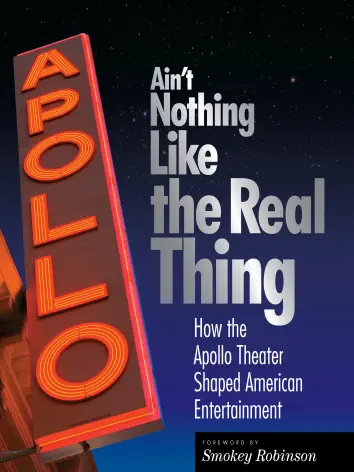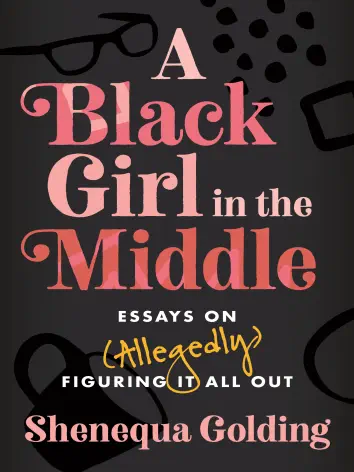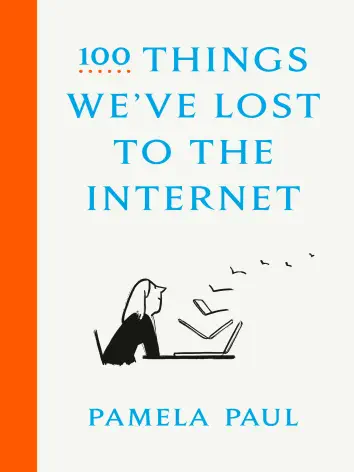An examination of the increasingly public nature of crime and confession—from live-streamed offenses to Prince Andrew’s Newsnight interview—by a noted writer & lecturer in criminology.
“What do we talk about when we talk about crime? We talk about harm, hurt, sometimes pain; we talk about it with outrage, anger and sometimes even humour. The court room has long been the scene of competing stories; evidence is assessed and the question of whether the law has been broken is settled. But, increasingly, this contest also played out in public.”
Over the past few decades, there has been a remarkable rise in the number of people who speak publicly about their experience of crime. These personal accounts used to be confined to private or professional settings—the police station, the courtroom, a helpline or in a counselor’s office—but today bookshops heave with autobiographies by prisoners, criminals, police and barristers; streaming platforms like Netflix and YouTube host hours of interviews with serial killers, death row residents, vigilantes and gang members; true-crime podcasts like Criminal often feature episodes focusing entirely on one person’s narrative, and some offenders even live-stream their crimes.
In this fascinating new book, British criminologist Jennifer Fleetwood examines a number of well-known “crimes” that are known to us via a public, first-person account to try to make sense of the social, political and cultural consequences that this confessional impulse has on our lives.
From the Newgate Prison confessions to Holocaust testimonies; from Prince Andrew’s disastrous Newsnight interview to the backlash that resulted from “ISIS bride” Shamima Begum’s 2019 testimony in The Times, Fleetwood invites us to think differently about personal stories of crime, showing us what really happens when we tell stories about crime and who benefits from all this storytelling.






Reviews
There are no reviews yet.